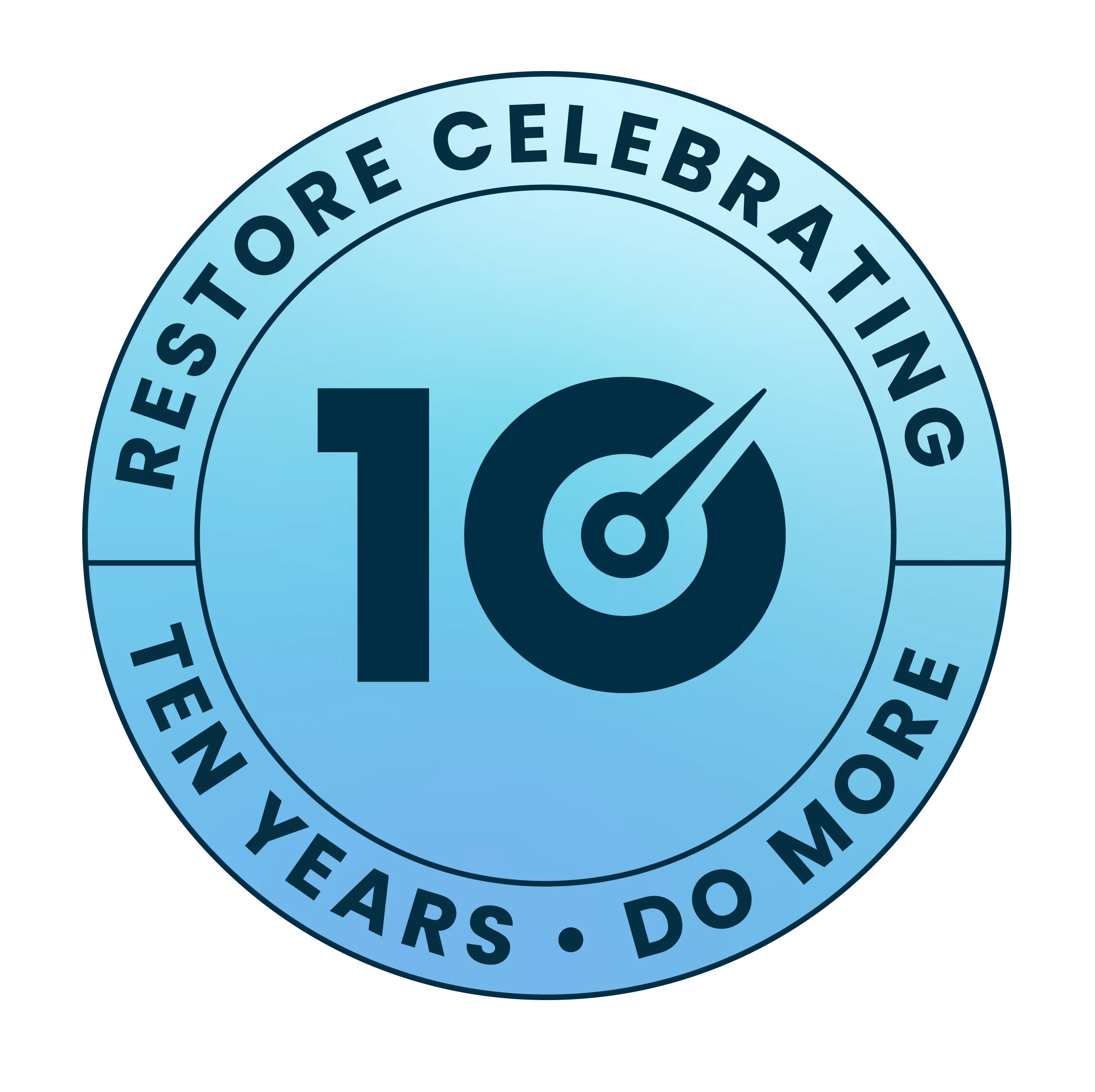A hormone is a chemical messenger produced by glands in the endocrine system that travels through the bloodstream to tissues and organs. Hormones regulate everything from metabolism and mood to energy and reproductive health. However, oxidative stress—a condition where there's an imbalance between free radicals and antioxidants in the body—can disrupt this delicate balance, leading to a host of health issues. That's where Cryotherapy can help. This science-backed therapy can help reduce oxidative stress and support hormonal health by activating the body's natural processes with sub-zero temperatures.
Understanding Oxidative Stress & Hormones
Oxidative stress occurs when the body produces more reactive oxygen species (ROS) than it can neutralize with antioxidants. These excess ROS can damage cells, proteins and DNA, which can cause chronic inflammation and various health issues, such as hormonal imbalances.
Hormones like cortisol, estrogen and insulin are particularly sensitive to oxidative stress. For instance, elevated cortisol levels, a hallmark of chronic stress, can disrupt the balance of other hormones, leading to issues such as weight gain, fatigue and mood swings. Similarly, oxidative stress can interfere with estrogen metabolism, potentially increasing the risk of hormone-related cancers. Reducing oxidative stress therefore is crucial for maintaining hormonal balance, and this is how Whole Body Cryotherapy can make an impact.
How Cryotherapy Reduces Oxidative Stress
Cryotherapy involves exposing the entire body to -166℉ for a short period of time (usually 2-3 minutes). This intense cold triggers a series of physiological responses, including the release of endorphins, improved circulation and a reduction in inflammation.
One of the key benefits of Cryotherapy is its ability to reduce oxidative stress. Studies have shown that Cryotherapy can enhance the body's antioxidant defenses, thereby neutralizing excess ROS and reducing oxidative damage. This stress can have a profound impact on hormone regulation.
Cryotherapy & Hormonal Health
By reducing oxidative stress, Cryotherapy can indirectly support the health of key hormones in the body. Here's how:
Cortisol Regulation
Cryotherapy has been shown to reduce cortisol levels, the body's primary stress hormone. Lower cortisol levels can lead to a more balanced hormonal state, reducing the risk of stress-related hormonal disruptions.
Improved Insulin
Oxidative stress is a significant factor in insulin resistance, a condition where the body's cells don't respond effectively to insulin, leading to elevated blood sugar levels. Cryotherapy has been found to improve insulin sensitivity, helping to regulate blood sugar levels and reduce the risk of Type 2 diabetes.
Enhanced Estrogen Metabolism
Metabolism is crucial for maintaining hormonal regulation, especially in women. Oxidative stress can disrupt this process, but Cryotherapy's antioxidant effects may support healthy estrogen metabolism, reducing the risk of hormone-related disorders.
Feel the Difference
Hormones play a critical role in everything from your blood and organs to skin, muscles and tissue, telling your body what to do and when and how to do it. Maintaining hormonal health is essential to maintaining overall health, and by incorporating regular, weekly sessions of Cryotherapy, you may be able to reduce damaging oxidative stress and help create improved well-being.
Book your Cryotherapy appointment today.
Medical services are provided by an independently-owned physician practice. Some services may require medical clearance and a prescription. We reserve the right to refuse service to anyone. Services, therapies, ingredients and prices may vary per location. The content on our site, blog posts, educational materials, app, promotional newsletters, and any other written content are not intended to replace an evaluation with a qualified healthcare professional and are not intended as medical advice.






